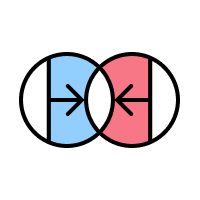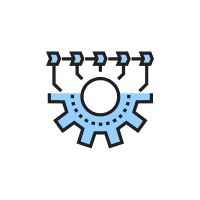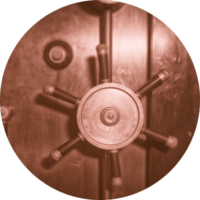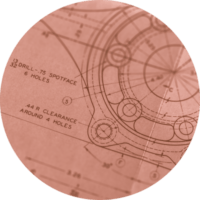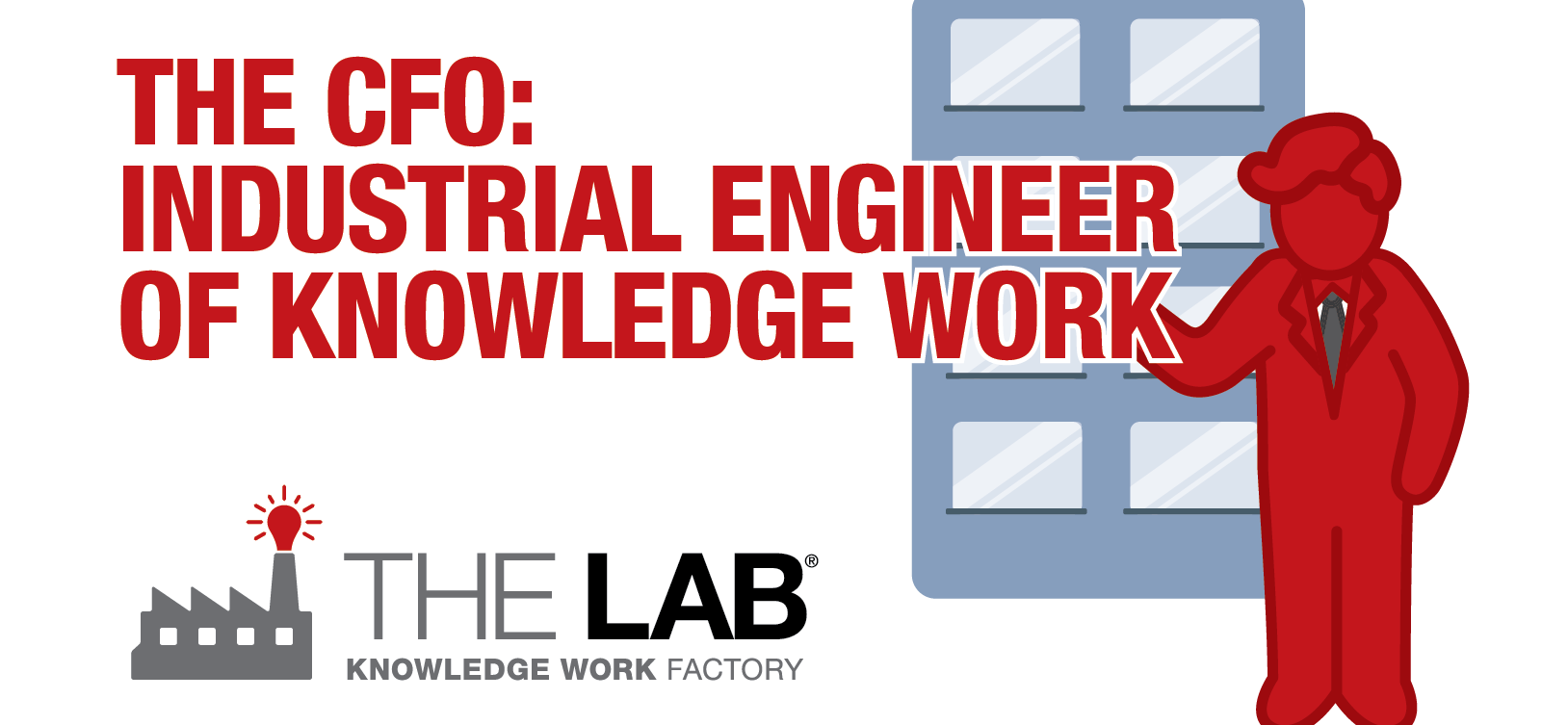The below excerpt was taken from an article written by The Lab, and published by Strategic Finance magazine.
“Our business is unique, so our knowledge work can’t be standardized.”
This belief is almost universally accepted—but almost universally untrue.
I call it the “anti-standardization bias.” It reinforces the status quo and hides the business improvement opportunity of our time: the standardization of knowledge work.
Standardization isn’t new. It enabled two centuries of industrial revolutions. But for nearly a century now, an anti-standardization bias has allowed basic opportunities for improvement in the office to hide in plain sight: the wasteful, one-off activities of white-collar, or knowledge, workers. That’s important because their work activities have grown to account for 60% of the market value of the average S&P 500 business. Now these inefficient activities are those companies’ most underproductive assets.
Shunning standardization forces knowledge workers to waste a third of their day performing easily avoidable, low-value activities, such as error correction, rework, and overservice. Ironically, these workers see these activities as helpful, even “virtuous.” Yet this “virtuous waste” squanders 20% of earnings.
For the Fortune 500, this translates to shareholder loss of more than twice the combined market value of Apple, Google, and Microsoft. The additional losses that result from reduced business effectiveness are incalculable…
Continue reading this article on Strategic Finance’s website >




